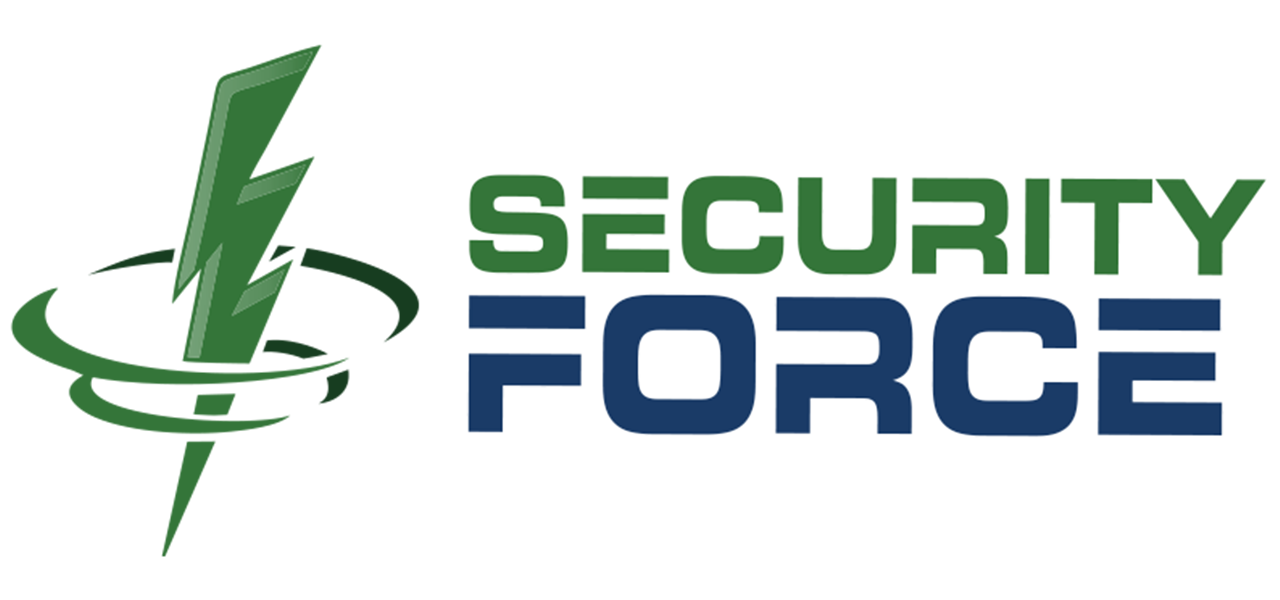The Importance of Regular Security System Audits
Security systems are critical in protecting assets, information, and personnel. However, the effectiveness of these systems diminishes over time without proper oversight and updates. Regular security system audits are essential to maintaining a robust defense against evolving threats. Here’s why these audits are vital and how they can safeguard your organization.
1. Identifying Vulnerabilities
Over time, security systems can develop gaps due to outdated technology, system misconfigurations, or evolving threats. Regular audits help identify these vulnerabilities before they can be exploited. This process includes evaluating physical access controls, surveillance systems, and cybersecurity protocols to ensure they meet current standards.
2. Ensuring Compliance
Many industries are subject to regulations that mandate specific security measures. Non-compliance can result in fines, legal consequences, and reputational damage. Audits ensure that your security systems comply with industry standards and legal requirements, such as GDPR, HIPAA, or PCI DSS.
3. Adapting to Emerging Threats
The security landscape is constantly changing, with new threats emerging daily. Regular audits allow organizations to stay ahead by identifying risks posed by new technologies or attack vectors. For example, assessing vulnerabilities to ransomware or IoT-related threats can prevent costly breaches.
4. Optimizing System Performance
Security systems require regular maintenance to function effectively. Audits help identify performance issues, such as malfunctioning cameras, unresponsive access controls, or outdated software. Addressing these issues ensures that the system operates at peak efficiency.
5. Protecting Against Insider Threats
Insider threats, whether intentional or accidental, pose significant risks to organizations. Regular audits can uncover patterns or weaknesses that might indicate insider activity, such as unauthorized access or unusual data usage.
6. Enhancing Incident Response
An effective incident response plan relies on accurate and functional security systems. Audits ensure that your systems are properly configured to detect and respond to incidents quickly. This includes verifying alarm systems, alert protocols, and data logging mechanisms.
7. Supporting Business Continuity
Security breaches can disrupt operations and damage a company’s reputation. Regular audits help prevent such disruptions by ensuring that all systems are in place and functioning correctly. They also identify areas where redundancies can be added to support business continuity.
8. Cost-Effective Risk Management
While audits require time and resources, they are a cost-effective way to manage risk. By identifying and addressing vulnerabilities early, organizations can avoid the much higher costs associated with security breaches, legal penalties, or system replacements.
9. Building Stakeholder Confidence
For businesses, trust is a valuable asset. Regular security audits demonstrate a commitment to safeguarding customer data, employee welfare, and organizational assets. This proactive approach can build confidence among stakeholders, including clients, partners, and employees.
10. Fostering a Culture of Security
Regular audits send a clear message to employees and management about the importance of security. By integrating audits into the organization’s routine, you create a culture where security is prioritized, and everyone is accountable.
How to Conduct an Effective Security Audit
- Define Objectives: Clearly outline the scope and goals of the audit.
- Assemble a Team: Include internal staff and, if necessary, external consultants for an unbiased perspective.
- Evaluate Systems: Assess all aspects of your security—physical, cyber, and procedural.
- Document Findings: Record vulnerabilities, non-compliance issues, and areas for improvement.
- Implement Changes: Address the findings promptly to mitigate risks.
- Review Regularly: Schedule follow-up audits to ensure ongoing security and compliance.
Conclusion
Regular security system audits are not just a best practice but a necessity in today’s dynamic threat environment. By identifying vulnerabilities, ensuring compliance, and optimizing system performance, audits protect your organization’s assets and reputation. Make security audits a regular part of your operations to stay one step ahead of potential threats and maintain a resilient security posture.

